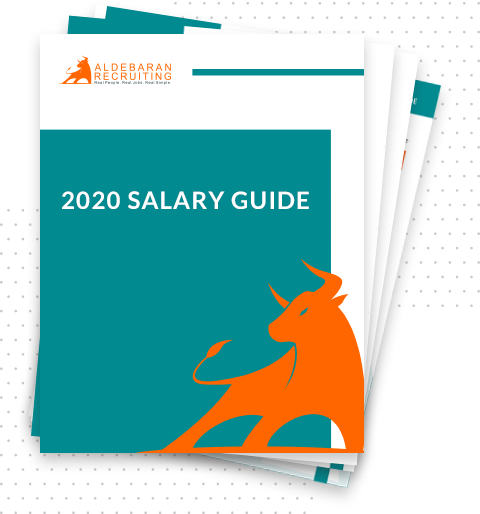Many of our clients come to us seeking advice on how to improve their interview process.
They are seeking the right candidates to find the right employees that will get the job done and last for a long time with their company.
Interviewing is tricky because prospective candidates are often better at interviewing than they are at doing the job that they’re interviewing for.
This is one of the most challenging things to overcome as an employer as you assess how to hire the right person for the role.
THE COSTLY MISTAKE OF BAD HIRING
It can be extremely detrimental to your company to make bad hires.
In fact, this is potentially one of the most costly expenses for any company.
Bad hires can cost the company hundreds of thousands of dollars over a very short period of time.
There are a lot of expenses that go into hiring, firing and having to rehire somebody.
GET VERY CLEAR ABOUT WHAT YOU NEED
The first and most important step in making the right hire is being crystal clear about what it is that you actually need.
Having a clear picture of what you need is absolutely critical because you can not interview precisely without knowing what you need.
Without having a clear place to start, you will waste a lot of time and spin your wheels when it comes to interviewing and hiring the right person.
BACKFILLING POSITIONS
If the position is a backfill position, it may be easier to fill because you’re likely clear about what that person is or isn’t doing.
You may need to adjust the job description slightly if you’re planning to alter the role.
However, in most cases the role won’t change much and you should have a clear picture of what you need.
HAVING A GOOD INTERVIEW SCREENING PROCESS
It is in every employer’s best interest to have an interview process that truly cuts the fat to determine if the person is the right fit.
Once you do have the description clear it’s critical to make a list of at least 10 initial pre-screening questions.
You want questions that are very specific to the the role you’re hiring for.
Be sure to include some technical questions that have to do with the specific day-to-day requirements and abilities of the role.
Don’t lead the witness with these questions, for example, don’t say are you good at X?
You want to ask for specific examples or ask for how they would react in certain situations.
You also want to review these questions with your team to make sure you’re on the right track.
These initial screening questions will be critical in the early stages of the interview process.
CONSIDERING YOUR COMPANY CULTURE
It’s very important that you flush out what you need from a cultural and personality perspective.
Again, don’t ask candidates if they consider themselves a hard worker – the answer will always be yes.
Instead ask them to tell you about their work ethic or their definition of responsibility.
You can also give a specific scenario and ask how they would react or deal with certain situations.
Hypothetical questions are very good for flushing out how someone would deal with a certain situation.
Next, in the second or third round of your process, there should be a test or a presentation that goes beyond asking questions.
Some clients do a case studies, sample projects or put together proposals.
Think of something that has to do with the duties that the job entails and ask them to give you a sample of what that might be.
The point is to get them to sample the work that the job will entail so you get an actual sense of having them in that role.
This can be extremely useful as you will also be able to compare their work to the work of other candidates in the mix.
If you get really clear about what you need and integrate clear questions as well as some sort of “test,” you will go along way.
INCLUDING YOUR TEAM IN THE HIRING PROCESS
The last important piece is to make sure that you involve the right people from your team in your interview process.
If you have other people at the company doing this or similar jobs, you can have them interview the person as well.
They are the ones in the trenches doing what you already need and will be able to truly tell you if this person can do the job or not.
This can make a big difference and you should lean on your staff and your team to help with hiring as much as possible.
This is also important when hiring for a personality or culture fit, as you want people that will be a match and will work well with the current staff that you have.
CONCLUSION
There are simple steps you can take to make sure you’re making a good hire for any open position you’re looking to add to your team.
Avoiding common mistakes will go along way in avoiding making a bad hire and will save you a lot of money in the long run.
Get clear about the job and position that you need, follow the steps in this blog and you will have success!
Here are some tips on fostering leadership within your company: https://bit.ly/2KS7Dbf



